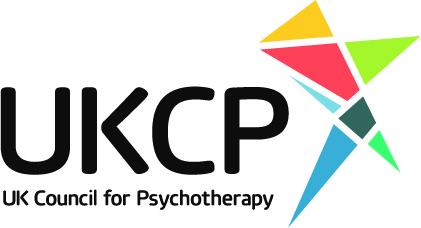Transgenerational Trauma

We can become traumatised when we are in a threatening situation which exceeds our ability to cope. This may be a single experience such as an assault, bereavement or accident. Equally, it may be repeated such as in abuse, bullying, or poor parenting.
We may forget what happened and yet be living with symptoms such as emotional numbing, relationship difficulties and long-term unhappiness. These consequences cannot be contained in the traumatised person alone. They are passed down from parent to child across the generations.
This ‘transgenerational trauma’ occurs because of the disrupted relationship between parent and child. Babies form essential attachments or emotional bonds with their parents or care-givers. Traumatised parents have a reduced ability to form such bonds because of their own emotional unavailability. This is itself traumatising for their child.
Another aspect of transgenerational trauma is that attachment still takes place, even if it is of a less-than-healthy nature. The baby is therefore attached to a traumatised parent. So psychologically interwoven is the relationship that the trauma experience becomes imprinted into the psyche of the baby.
As the child grows up, he or she takes on more of the parent’s traumatised world-view through the process of learning. Our deepest, strongest, oldest knowledge about ourselves, others, relationship and ‘how to be’ is learned from our parents long before we can read or go to school. Trauma then, like so much else, does not only affect the individual but is a family issue.
Psychotherapy is useful in addressing the problems encountered due to transgenerational trauma. Through the process of therapy we can begin to release ourselves from our entanglement with our traumatised parent and move towards a healthier way of being.




